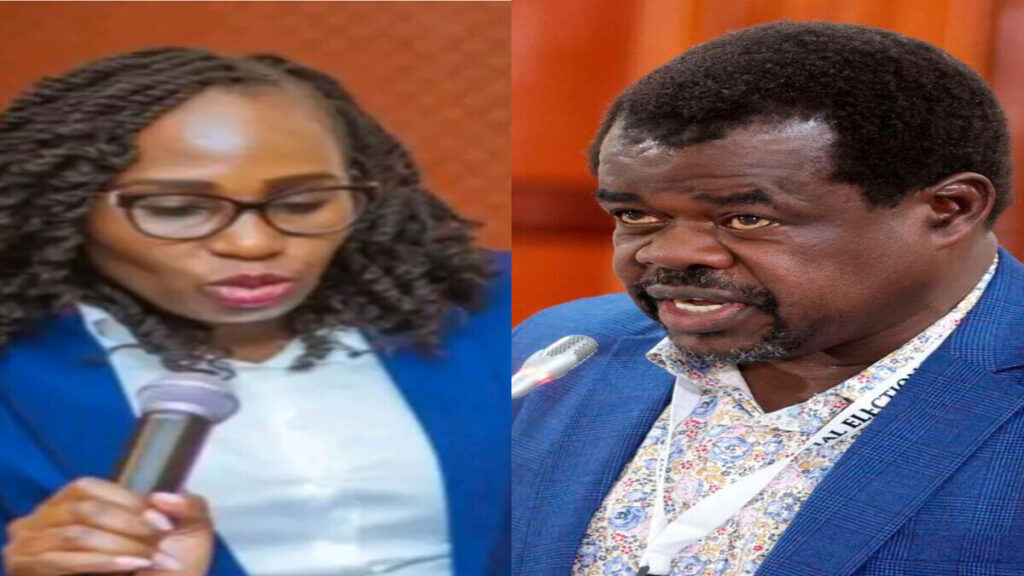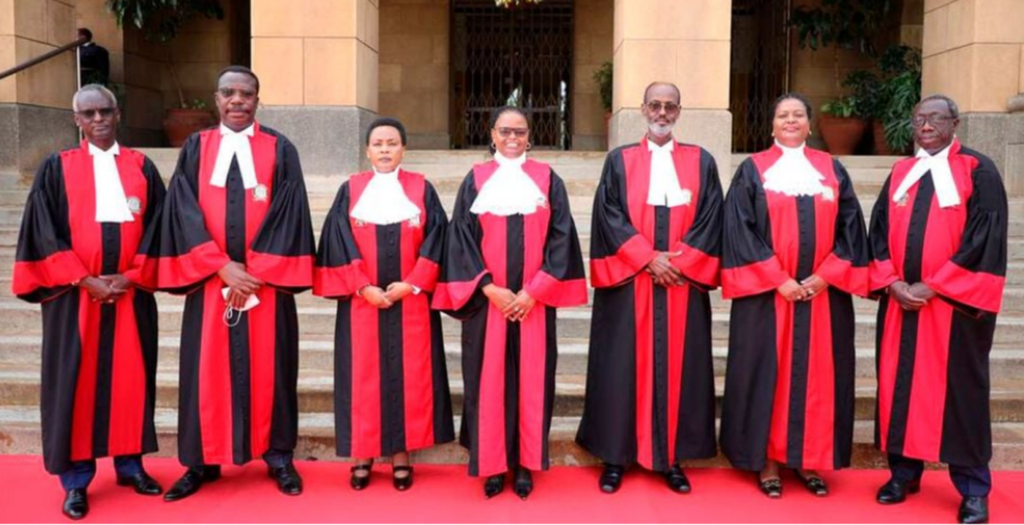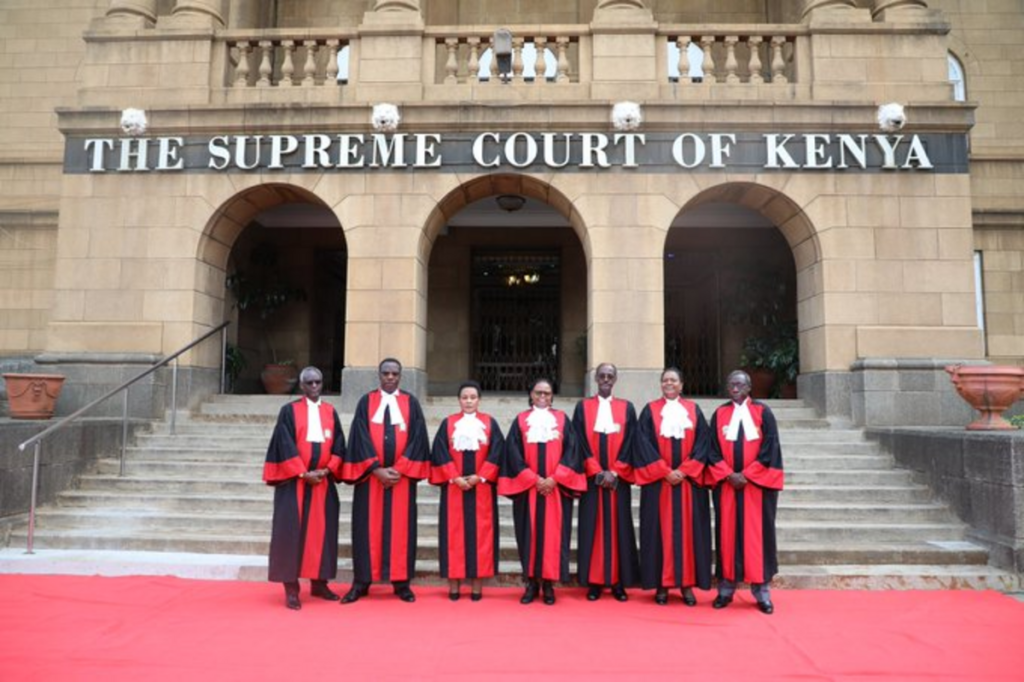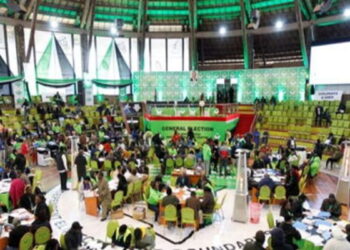Nairobi, Kenya – Following a landmark ruling by the Supreme Court on Petition Nos. E031, E032, and E033 of 2024 appealed by then-Attorney General Justin Biden Muturi, Faith Odhiambo, the President of the Law Society of Kenya (LSK), has raised concerns regarding Tuesday’s ruling by the Supreme Court on public participation in legislative processes. The petitions were filed by a coalition of civil society organizations and legal activists who challenged the adequacy of public engagement during the passing of the controversial Finance Bill and the Housing Levy.

The Supreme Court ruled in favour of the government, rescinding a previous High Court ruling that declared the Finance Bill unconstitutional due to inadequate public participation as filed by Busia Senator Okiya Omtatah and over 42 others. This decision is viewed as a significant victory for the government, as it sets a precedent for similar cases under scrutiny as well as future legislative actions, suggesting that public participation requirements may not be as stringent as previously interpreted. Even though Odhiambo cautioned that this ambiguity could undermine citizens’ involvement in governance.

“The rulings in these petitions have left many questions unanswered regarding the extent to which citizens can engage in the legislative process,” Odhiambo stated. “Without a robust framework, we risk undermining the foundation of our democracy, which relies on active and informed citizen participatio
The petitions, which challenged the legislative process of the Finance Bill and Housing Levy, were brought forth by groups arguing that the government failed to adequately consult the public before enacting these laws. They contended that the High Court’s original ruling was a necessary check on legislative powers, emphasizing the right to public participation as a fundamental democratic principle.

In their appeal, the government, represented by Attorney General JB Muturi, argued that the High Court’s decision was overly broad and misinterpreted the requirements for public engagement. They maintained that sufficient measures had been taken to inform the public about the proposed legislation, citing consultations and stakeholder meetings as part of their process.
Odhiambo emphasized that the Supreme Court must now offer explicit standards for public participation to ensure that legislative processes remain transparent and accountable.
“The Supreme Court must outline what constitutes effective public engagement to prevent future violations of citizens’ rights,” she added.
The LSK is advocating for a judicial environment that genuinely reflects the voices of the people. Odhiambo called for collaboration between the judiciary, lawmakers, and civil society to establish clear protocols that enhance public participation.
“We need a justice system that not only recognizes public participation as a right but also ensures its practical application in legislative matters,” she asserted.
As discussions continue regarding the implications of the Supreme Court’s rulings on these petitions, the LSK remains committed to advocating for reforms that strengthen democratic engagement in Kenya. Odhiambo urges all stakeholders to work together to create a more inclusive legislative process that empowers citizens and ensures their voices are heard



















